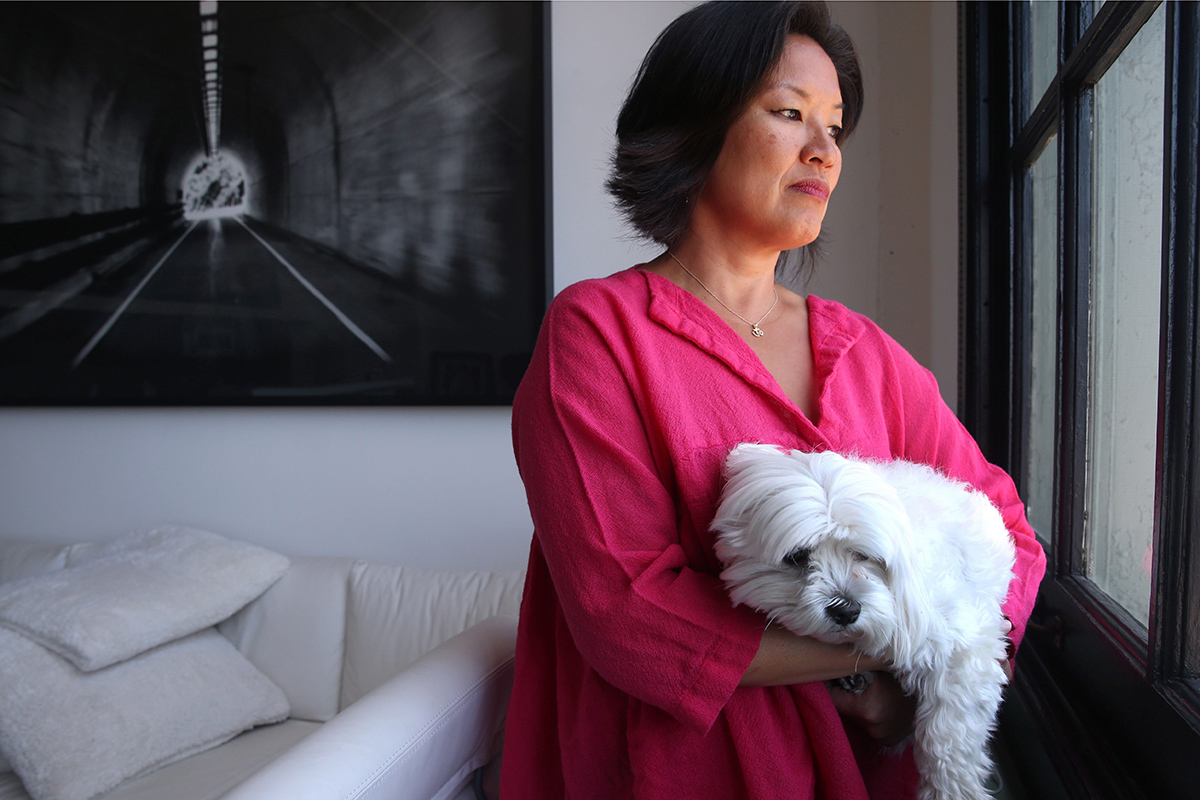SAN FRANCISCO – A woman must abide by an agreement with her ex-husband to destroy five frozen embryos if they got a divorce, despite her contention that they represent her last chance to have children, a California judge ruled Wednesday.

San Francisco Superior Court Judge Anne-Christine Massullo said in a tentative decision that the agreement trumps the woman’s desire to now keep the embryos. The woman, Mimi Lee, had argued that cancer made it risky for her to get pregnant, so the embryos were her last chance to have her own genetic child.
Her ex-husband, Stephen Findley, wanted to discard the embryos in accordance with the agreement he and Lee signed while married. He worried in part that Lee would use any children to take financial advantage of him, according to the ruling.

Get daily National news
Lee’s attorneys said no California court had previously ruled in such a case. A Pennsylvania court three years ago awarded frozen embryos to a woman who also said they may be her only way to have a child because of breast cancer treatment despite the objections of her ex-husband. An Illinois judge last year also sided with a woman who was infertile in her fight over embryos with an ex-boyfriend.
Massullo said California law is clear that couples must decide what to do with embryos they create in case of separation or divorce.
“Decisions about family and children often are difficult, and can be wrenching when they become disputes,” the judge wrote. “The policy best suited to ensuring that these disputes are resolved in a clear-eyed manner … is to give effect to the intentions of the parties at the time of the decision at issue.”
A call to an attorney for Lee was not immediately returned. Lee had argued that she had a right to change the agreement, and that she had a right to procreate.
While Lee might have a right to procreate in other circumstances, she doesn’t have a right to procreate with Findley, the judge said.
The embryos were being held at the University of California, San Francisco, which in accordance with state law gave Lee and Findley a consent agreement before fertility treatments in which both said they would like the embryos thawed and discarded in case they divorced, according to court documents.
The tentative nature of the ruling gives the parties time to file objections, but the rulings generally become final.







Comments
Want to discuss? Please read our Commenting Policy first.